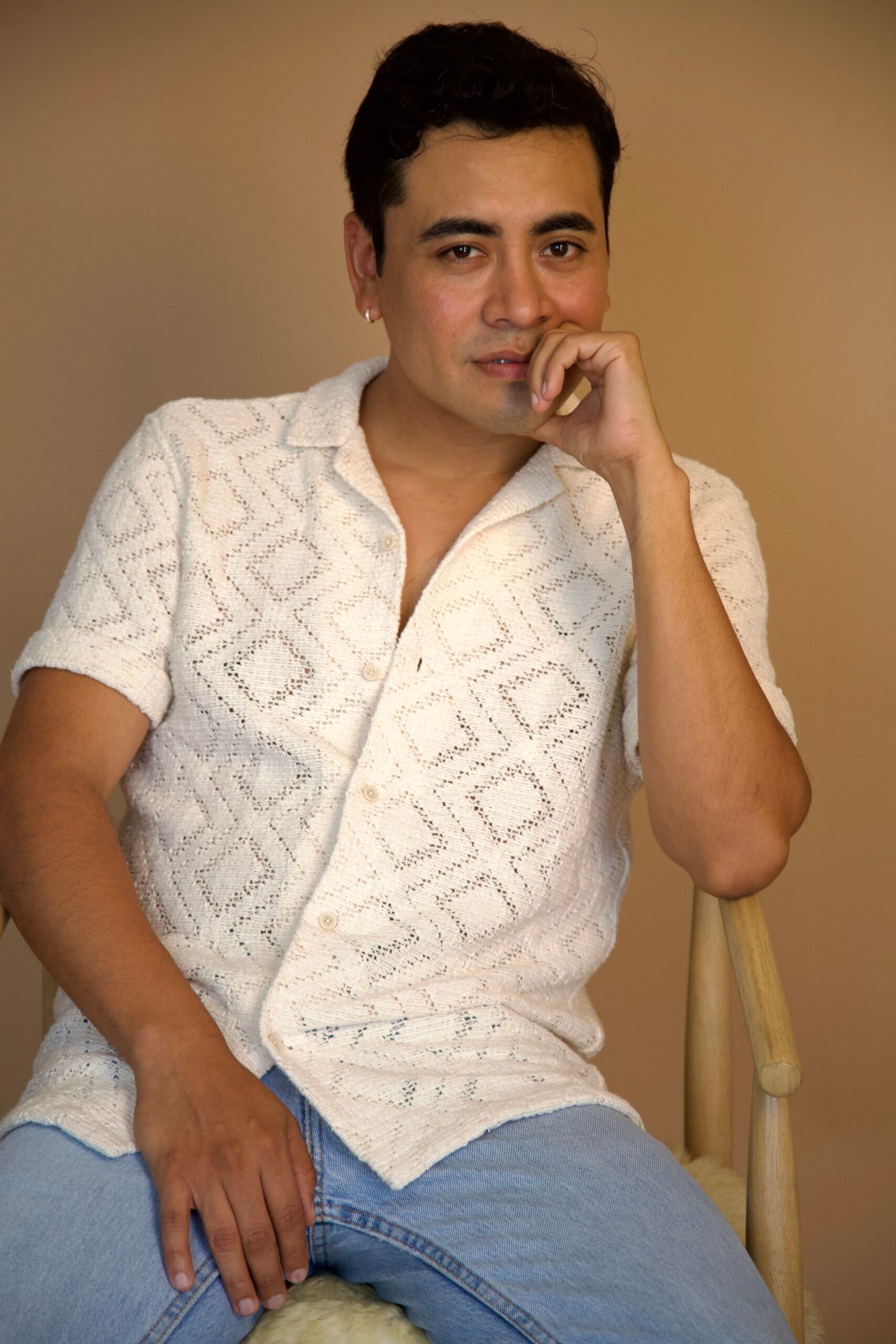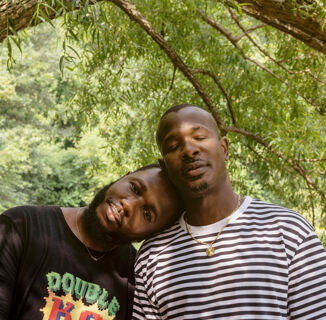*Photo courtesy of Armando Ibañez
There is no secret that there is a problem in Hollywood when it comes to telling authentic stories. Often, television and film leave out the real issues impacting queer and Latinx people, leaving room for awful character tropes, stereotypes and worse – discrimination. However, budding actor, writer and director Armando Ibañez hopes that his work will indeed change that and open doors for more undocumented storytellers.
Ibañez, a filmmaker from Acapulco, Guerrero, Mexico, has always had a dream to see an accurate representation of himself and his experiences in television and film. Since the young age of seven, he watched Mexican cinema while thinking about the ways he could rewrite the narratives of Latinx people while fueling underrepresented stories.
I sat down with the amazingly talented director of Undocumented Tales (now in its 4th season) and the Lush Cosmetic collaboration film Freedom for All to discuss what it means to be a creator who is thriving at the margins.
Culture, unfiltered
Twice a week, our newsletter will bring you the pulse of queer culture, from the tastemakers to the groundbreakers.
Related:
Comedian Kai Choyce talks transphobia, aging, and healing through his comedy special ‘Kaipocalypse’
“Some jokes I will only do in LGBTQ+ rooms though, and if you wanna know what those are, come out to a show and present your membership card at the door.”
Talk to me about your journey as a storyteller. Why is writing so important to you and how has it helped you connect with your personal power?
Well, I think that many of us don’t know that we have a power to create change in the world, and that power is writing. I think that with writing, like in my case, it’s healing because I get to share a lot of the things that I have gone through. Moreover, when I share it with my audience, I realized that many of us have gone through the same stories. Similarly, that’s how I feel we can do collective healing. Many of us, and I’m going to speak about the undocumented and queer community, because we go through so many things, so many obstacles and barriers living in this country, I think that we feel alone. We feel like giving up especially because in politics and society, we have horrible things to say about undocumented immigrants. But for me, writing is my way of getting to say the opposite. It’s like a love letter to my people. So I think writing is very important because we have the power to heal. We have the power to encourage people to write love letters to our people to let them know, “Don’t give up.” And most [importantly] to let them know you are not alone.
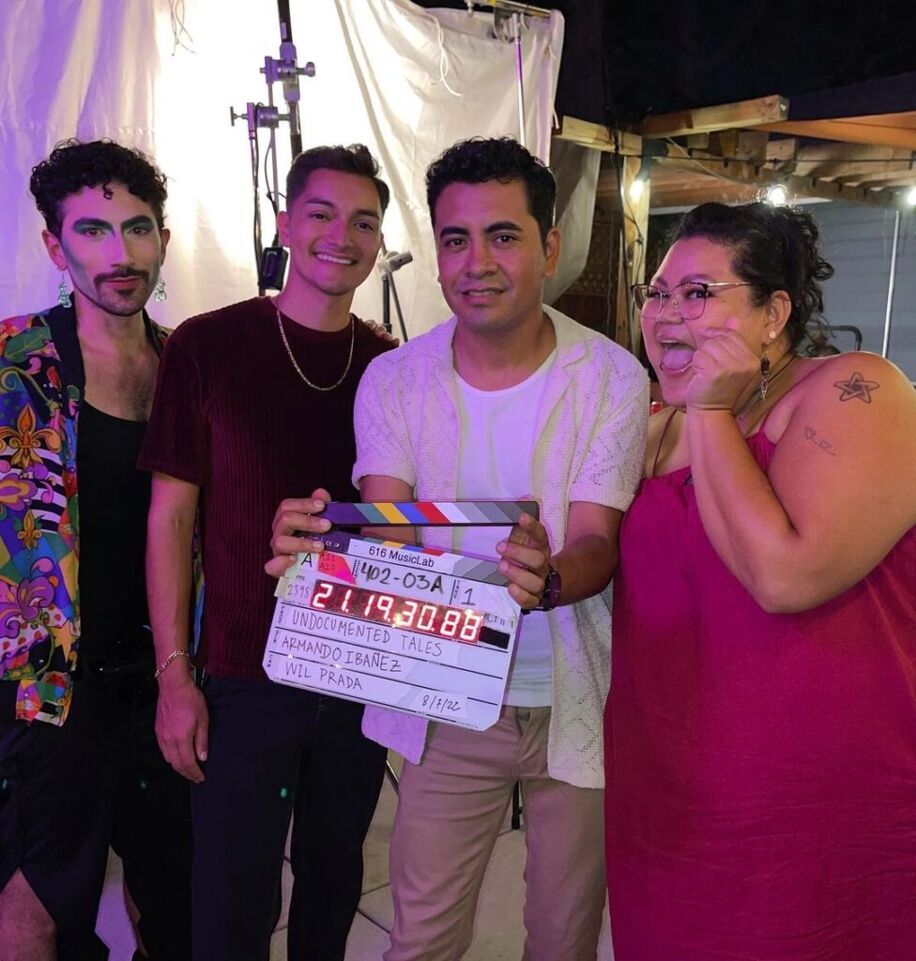
One of the things I noted in watching your series is how the project is unapologetically authentic – even in the voiceover moments. Talk to me about the importance of authenticity in the media.
I love that question because, sometimes, when I was beginning to write, I wanted to write authentic stories and I felt pressure. I felt like, “What do I write? How do I write? What can be authentic for my community?” I was struggling because I felt this pressure. First, I wanted to write because I was so tired of seeing undocumented stories about undocumented characters being a stereotype all the time, being victimized. So I was like, “Okay, I want to write authentic stories. I want to write authentic characters.”
But then I was like, “Okay, how do I do that? And what’s authentic and what’s not? Like, how do I know the difference? Who’s going to tell me this is authentic?”
So I was struggling with that, but then, I had to forget about that. I had to forget about the fear and merge into a vulnerable state. Once I learned to become vulnerable and to talk about so many things that I didn’t even share with friends, with family, just to write about the things that I was always scared to, I think that’s when I learned that authentic stories come out because people are able to connect with things that usually we don’t talk about in public.
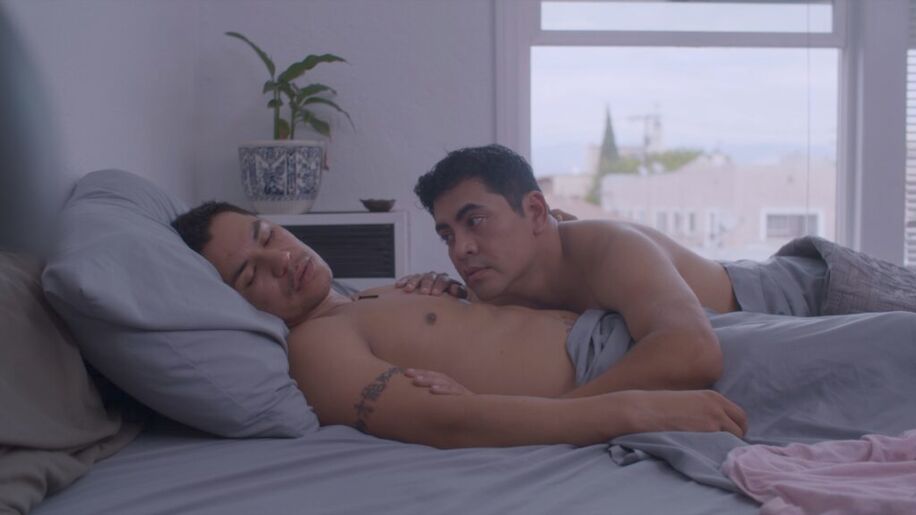
What does it mean for you as a creator to “live at the margins?”
Well, a big part of it is knowing that there is a system telling us that we’re not allowed to dream big. It puts limits, barriers, obstacles in front of all of us, which is true, but they’re telling us you cannot do anything. You cannot accomplish anything. You cannot achieve anything in life because you are “less than,” less than many others. That’s how I grew up thinking, that I couldn’t dream about becoming a filmmaker, a writer, because I was poor, I was brown, I was undocumented, and queer. Living at the margins is fighting your way out of thinking like that. It means challenging the system and questioning things, right? That way, we can pass the message and we can encourage our communities to tell their stories boldly. I firmly believe that every single human being on earth feels the need to share the story and while many won’t, we all have a story to tell.
There are many ways to share a story and it doesn’t have to be necessarily art. In any other field, there are ways to share your story. But in art, it’s something that unfortunately many in our communities don’t have access to. You know, for me, I feel very, very blessed and very lucky because living within the intersectionality of being undocumented, brown, and queer I got a lot of support from my community and know that telling my story is encouraging them to tell theirs too.
Do not be scared to share your vulnerability with the world.
You note that “writing is therapy and putting words on screen is healing.” How has your series helped you heal and what words might you have for those who are struggling to heal as undocumented queer creators?
I realized that when I put my story on screen, it was healing for me. It was a magical healing that happened. And I’m not the only one who says that because I have heard this from other writers who said, “Writing is therapy. It’s healing.” I want other audiences, or people who might be reading this, to know that there is power in telling your story and that telling your story is healing. And while some might be scared to, sharing it is collective healing. It makes it a lot more complex because a lot of undocumented people don’t talk about their undocumented status out of fear of backlash.
But, so many people have sent me messages thanking me for how I publicly declare my undocumented status. With Undocumented Tales, I get to tell people with, I think, facts, by living experiences [that] we are beautiful, we are powerful, we are strong, we have resiliency, we keep going no matter what. I think that, for me, people watching the stories, watching the episodes, it’s a way of telling them, “Here we are. Let’s cry, let’s laugh, let’s watch this together, and let’s heal because we are not the same ones. We are not the only ones.”
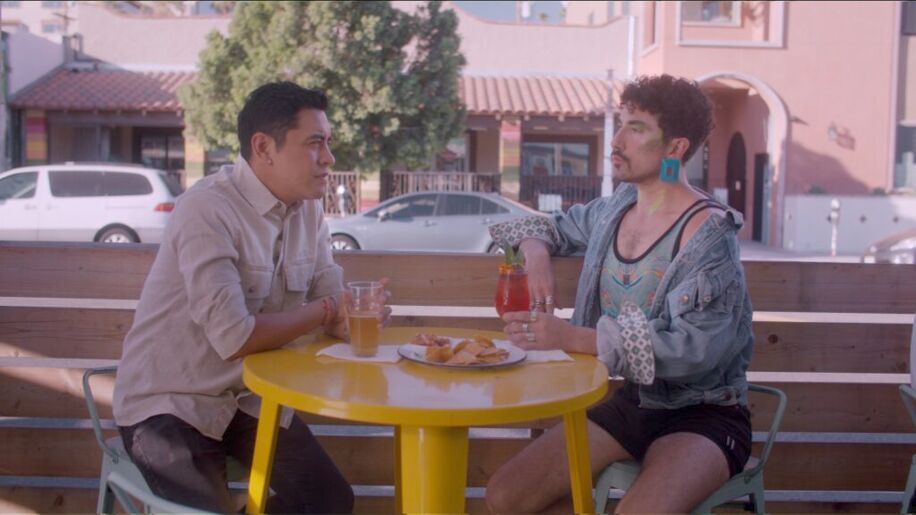
What advice do you have for folks who are creating at the margins?
Do not be scared. Do not be scared to share your vulnerability with the world. Whatever stories, any stories that you might want to create, that you might want to write, that you’re scared about, there are other people that are going to connect. It’s going to change someone’s life. This is why it’s important that people living on the margins keep speaking. I encourage them to write to share the story. It can be any type of artform. It can be any type of art because that vulnerability is where the healing will begin. It’s going to help you find your community. And you may not know where to start. That’s okay too. I didn’t know where to start.
When I started this, I think that you can see that in the production from season one to season four, you can tell it’s a very, super, extremely independent production. Why? Because me and the production team, we were learning. I had no idea what I was doing. I didn’t know how to direct. I didn’t know how to write. I didn’t know how to produce it. Nothing. I learned on my own. And I think YouTube university. And many of us, we are so hard on ourselves, making a project or writing a story or whatever it is that we want to do. Know there’s no such thing as perfection. Perfection doesn’t exist. You’re not Beyoncé or Oprah. Perfection doesn’t exist. Know people will criticize you. Know you will not know what you are doing or may not have the right resources. But, you have a vision. That is what you can control. Don’t let anyone or anything discourage you from your dreams.
Related:
Cheyenne Ewulu wants to see more Black queer women in nerd spaces
“Well, if we don’t make space for us, nobody will, right?”
Help make sure LGBTQ+ stories are being told...
We can't rely on mainstream media to tell our stories. That's why we don't lock our articles behind a paywall. Will you support our mission with a contribution today?
Cancel anytime · Proudly LGBTQ+ owned and operated
The Latest on INTO
Subscribe to get a twice-weekly dose of queer news, updates, and insights from the INTO team.
in Your Inbox

